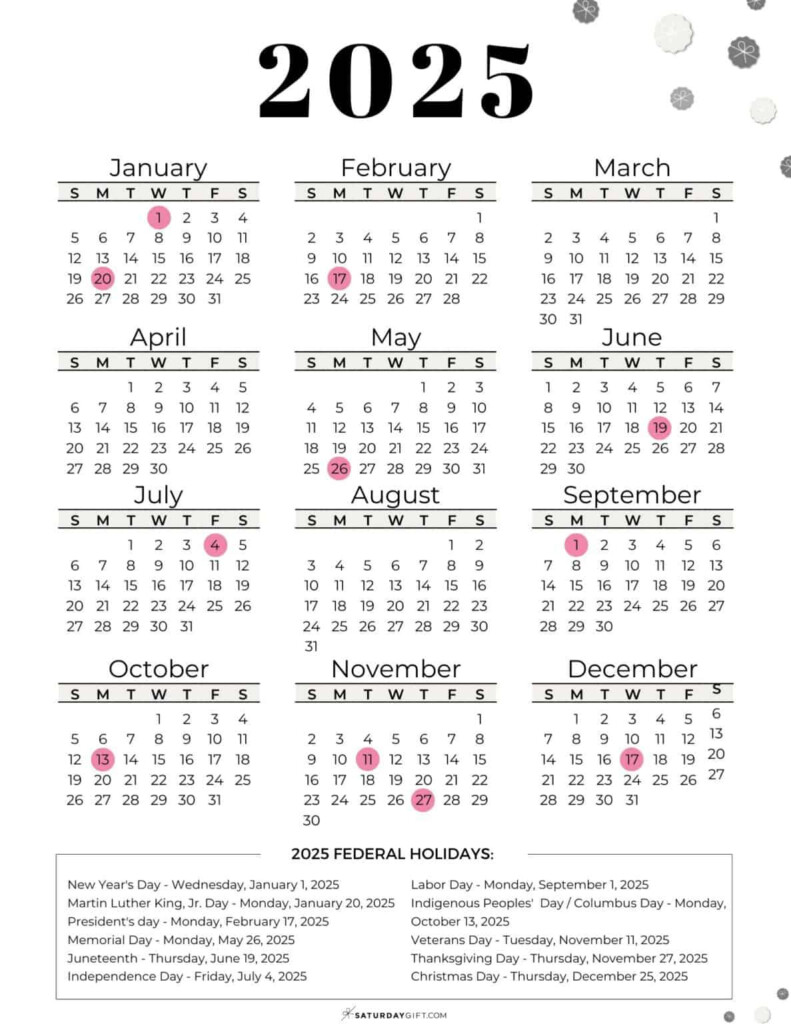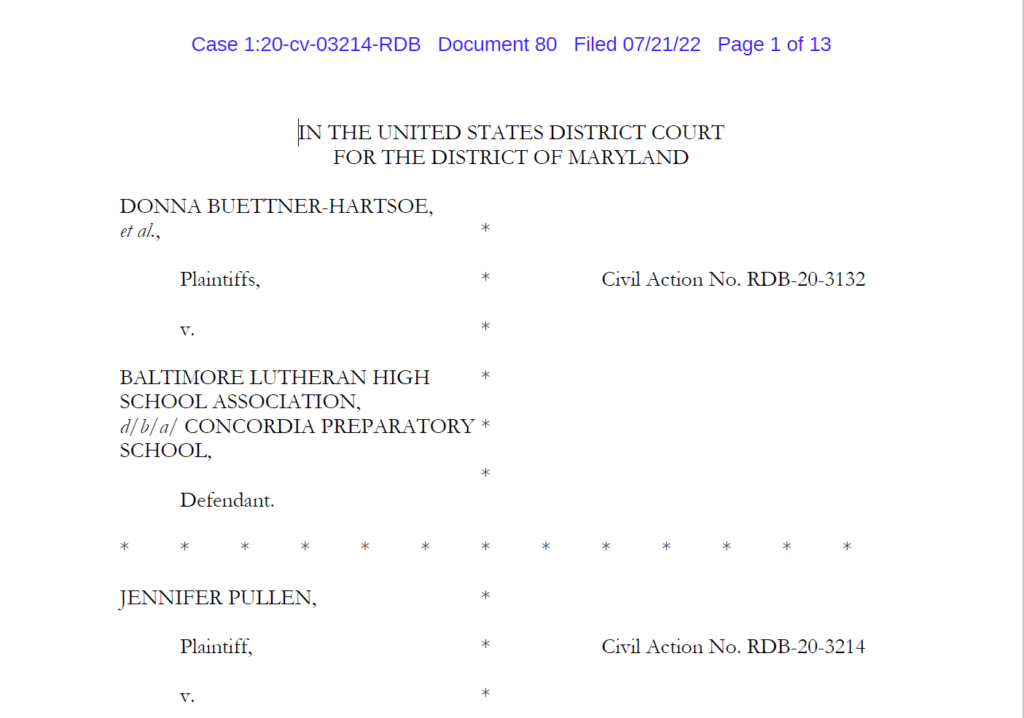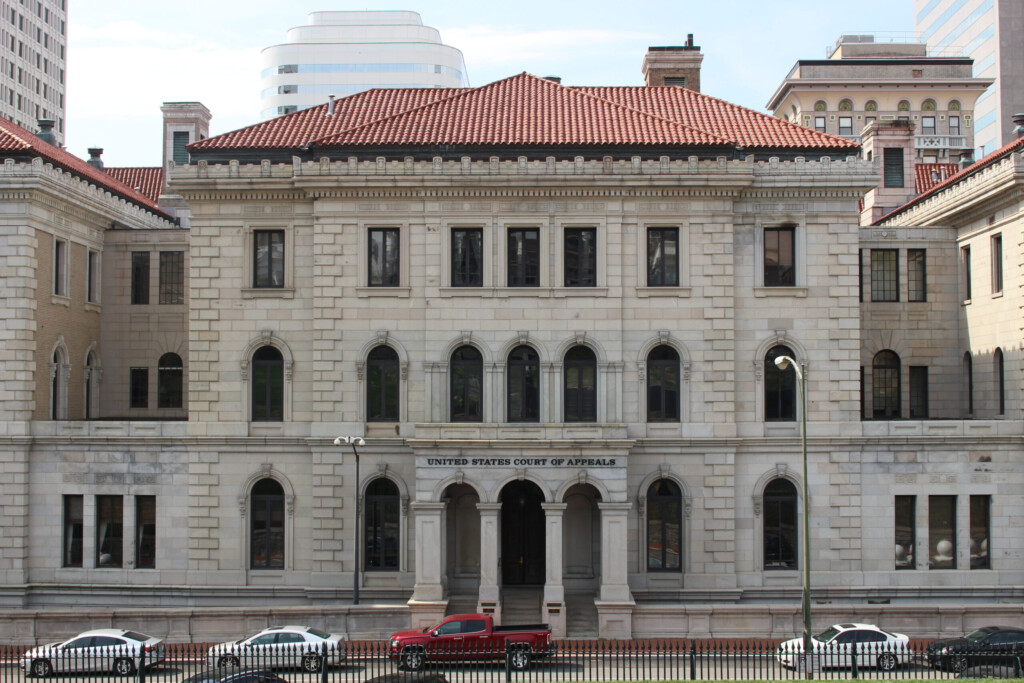Maryland Federal Court Calendar – The Federal Court Schedule may seem like simply another legal term, however it’s actually a vital part of how the lawful system runs in the USA. Without it, the courts would certainly be turmoil– a endless shuffle of hearings, due dates, and days that might conveniently fall through the splits. Allow’s study what exactly a Federal Court Schedule is, why it matters, and how it affects everyone from legal representatives and judges to the average citizen. Maryland Federal Court Calendar.
Understanding the Federal Court System
Before we discuss the Federal Court Schedule, it is essential to understand what makes government courts different. In the USA, there are both government and state court systems. Federal courts handle cases including government regulation, constitutional concerns, and conflicts in between states or people of different states. State courts, on the other hand, focus on state laws and regional disagreements.
The Federal Court system is included three primary degrees:
- District Courts: These are the high court where instances start.
- Courts of Appeals: If someone loses a case in area court, they can interest this degree.
- The Supreme Court: The highest possible court in the land, dealing with only one of the most important and precedent-setting instances.
What is a Federal Court Calendar?
A Federal Court Calendar is basically a timetable that details the schedule of hearings, trials, and other legal procedures within the government court system. Consider it like a master timetable for all the situations that are being processed at the government degree. This routine aids judges, legal representatives, defendants, and various other interested parties remain on top of court dates and due dates.
But it’s not just a fancy organizer! The Federal Court Schedule maintains the legal process organized by setting days for everything from pre-trial hearings to the last decision. Without it, cases could be delayed for months, also years, interrupting the whole judicial system.
Key Elements of a Federal Court Calendar
So, what exactly does a Federal Court Calendar include? Let’s break down the essential components:
- Situation Organizing: The schedule shows when certain situations will be heard in court. It consists of all the vital days, from preliminary hearings to the last judgment or settlement.
- Hearings, Tests, and Punishing Days: These are the heart of any type of court calendar. Understanding the dates of hearings, tests, and sentencing is vital for everyone included.
- Deadlines for Legal Motions and Filings: Courts have strict due dates for when papers need to be filed. These deadlines are a vital part of the schedule to make certain that whatever progresses in a prompt manner.
Kinds Of Cases Listed on the Federal Court Schedule
A Federal Court Calendar isn’t restricted to one type of instance. It deals with a wide selection of lawful issues, including:
- Civil Cases: Conflicts in between individuals or companies, such as legal actions for damages or breach of contract.
- Crook Cases: Situations where the federal government is prosecuting an individual or organization for going against government law.
- Appeals and Grandfather Clauses: Appeals to decisions made in area courts or other special cases, such as constitutional concerns.
Exactly how to Accessibility the Federal Court Calendar
Accessing the Federal Court Schedule has actually become easier with innovation. Many federal courts offer online devices where you can examine the calendar for upcoming situations. Sites like PACER (Public Access to Court Electronic Records) allow you to look for specific situations and see their timetables. However, sensitive instances might have restricted public access to protect personal privacy or safety.
Significance of Following the Federal Court Calendar
Envision missing an vital court date– it can bring about major legal consequences! Lawyers, judges, and litigants count heavily on the Federal Court Schedule to ensure they’re planned for hearings and tests. Missing a day can suggest a delay in justice, extra costs, or even shedding a case entirely.
As an example, if a attorney falls short to submit a legal activity by the target date provided on the court calendar, it might damage their client’s instance or cause penalties.
Duty of Modern Technology in Managing Court Calendars
Gone are the days when court schedules were managed entirely by hand. Now, digital court systems help improve the scheduling procedure, making it much easier for courts to handle several cases simultaneously.
- Digital Court Equipments: Modern technology allows courts to handle complex timetables efficiently, guaranteeing that cases move forward smoothly.
- Online Scheduling Tools: These tools make it easier for lawyers to remain on top of due dates and prevent missing important days. It’s like having a digital aide that never forgets!
Difficulties in Preserving the Federal Court Schedule
While technology has made taking care of the Federal Court Calendar easier, there are still obstacles. Federal courts can come to be overloaded with the sheer number of cases they handle. Delays and postponements commonly throw a wrench into the system, making it hard to stay with the calendar as intended.
For example, if one case is postponed, it may impact several other instances that were arranged on the same day. Maintaining every little thing running smoothly calls for consistent changes.
How the Federal Court Schedule Impacts the Public
You may not believe the Federal Court Schedule influences you, but it does! If you’re mobilized for jury obligation, your participation depends on the court’s schedule. The calendar figures out when and where you’ll require to appear, and it also impacts how long tests last.
In addition, the Federal Court Calendar gives public accessibility to upcoming court process, permitting residents to go to hearings and trials if they are interested in certain cases.
Final thought
The Federal Court Schedule is greater than simply a timetable– it’s the foundation of the government judicial system. From making sure that legal process progress successfully to helping everybody entailed stay organized, it plays a essential function in maintaining the guideline of law. Whether you’re a attorney, a defendant, or simply someone curious about how the system works, understanding the Federal Court Schedule can give you a clearer picture of the complex functions of justice.
FAQs
- Exactly how can I check out the Federal Court Calendar for a specific case?
- You can view the calendar online through tools like PACER, which allows you to look for cases by name or instance number.
- What occurs if a instance is rescheduled on the Federal Court Calendar?
- When a case is rescheduled, all parties involved are notified, and the brand-new day is published on the schedule.
- Are all court process listed on the Federal Court Schedule?
- The majority of are, however delicate cases or those entailing national protection may have limited public gain access to.
- Exactly how do legal representatives keep track of Federal Court Schedule updates?
- Attorneys use both digital tools and court alerts to remain on top of adjustments and updates to the schedule.
- Is the Federal Court Schedule offered for the public?
- Yes, the general public can access the schedule for the majority of situations, though some constraints might use in details situations.


